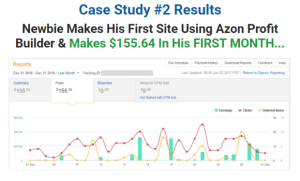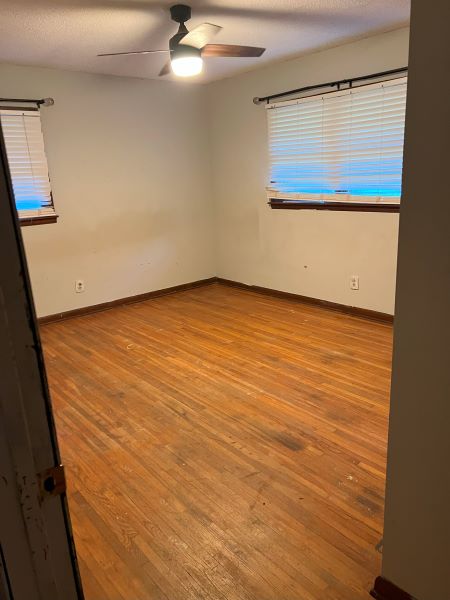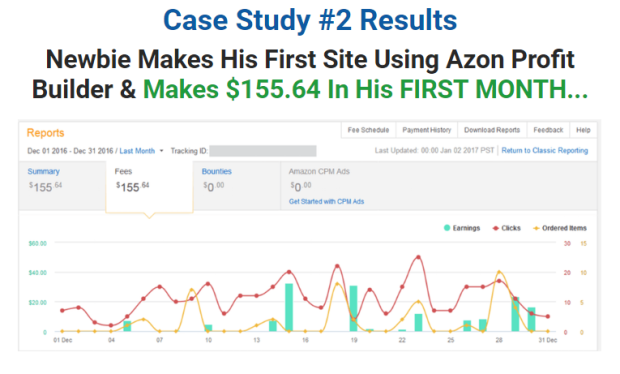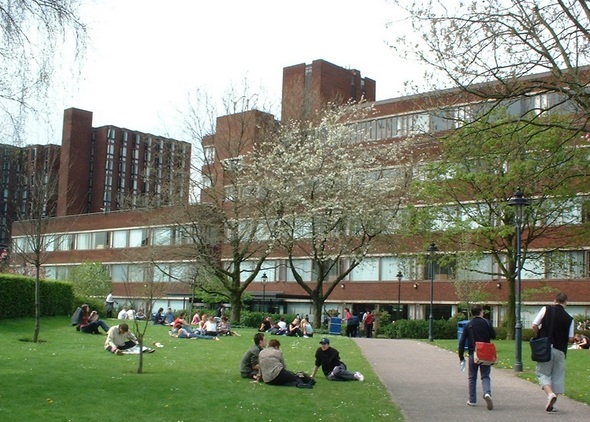(Petrish Dyer is an active military Navy Chief, currently stationed in Japan. Please understand that her duties and time zone may prevent her from responding to comments in a timely manner even though she would like to. Petrish is also the founder of debtfreemartini.com where she blogs and inspires others to live a debt-free life.)
A few years ago, I was at my lowest point financially. I was looking for a solution to rise above the financial crises I was experiencing and trying to find a way to keep my home out of foreclosure. I decided to contact a few agencies and a couple lawyers who all encouraged me to claim bankruptcy and start anew. The second lawyer sold me the bankruptcy dream, and I left his office with a sigh of a relief and plans to return with a $2,500 check to get my life back.
But I kept on researching; and I began to realize that, instead of being a quick fix, bankruptcy was a solution with a seven-to-10-year financial hardship to endure after that. I decided that would actually keep my life on hold instead of letting me start anew.
If you are thinking about going in this direction, please also give the following some consideration.
Seven to 10 years of recovery
The quick fix that looks so good now really only lasts for a moment because your bankruptcy will be on your credit report for a maximum of 10 years whether you file for Chapter 7 or Chapter 10 bankruptcy protection. That is a very long time to wait to see total recovery from filing bankruptcy.
Some people will still have to pay creditors after the bankruptcy is final, too, because debts like back taxes and student loans are exempt from being filed in the claim.
(And let’s not forget the added expense of hiring a good lawyer to protect any personal assets you still have, such as, your savings account.)
No loan approvals, and guaranteed high interest rates
Once you file bankruptcy, you are considered a high-risk consumer and lenders will be leery of lending to you, which makes it almost impossible to get approved for any loans. That means any hope of owning a home, renting a place to live, or buying a car will be extremely difficult for at least five years. If you are approved for a loan, more than likely you will be offered extremely high interest rates and pay twice what the product or service is really worth. Over time, paying such high interest rates for approved loans and credit cards that are needed to help rebuild your credit will cost you lots of money.
Job hire restrictions
Times have changed in regard to the hiring process. According to the Society for Human Resource Management, who conducted a survey back in 2012, 47 percent of employers were verifying the credit reports of job applicants before making the decision to hire. Regardless of your education and background experience, having a bankruptcy listed on your credit report will only make it harder for you to get a really good job. Employers may view you as a possible future liability or negligent hire.
Major decrease to your credit score
Filing bankruptcy will have a negative effect on your FICO score. Usually, everyone who files is advised to expect a huge drop in their score. It is difficult to predict exactly how much a FICO score will decrease too — because it depends on how many accounts a person has that are affected by the bankruptcy and the person’s credit profile. With that being said, it is no surprise that having a bad credit score only makes your life harder and opens the door for creditors to take advantage of you. People with bad credit have to be willing to accept ridiculously high interest rates in order to purchase something on credit if they haven’t saved up the cash to buy the item. And doing so could put you back in a bad financial position anyway. If possible, it is better to do without while you save up for the purchase rather than to accept such terms and end up paying more.
Living with the stigma of bankruptcy
When a person files bankruptcy, they are looked upon in a negative light since they have basically admitted to the world that they cannot afford to pay their bills. In fact, in many states, once you file for bankruptcy, your name becomes public record within the court system, and it may be published in the newspaper for all to see and read. The stigma that unfortunately comes along with filing bankruptcy stays with you for at least seven years; and mentally, you have to be willing to deal with your decision and figure out a way not to feel like a complete failure. The associated negative feelings and the long wait to start seeing major improvements in your financial life can be a heavy burden for some to bear.
What should you do before deciding to file bankruptcy?
Before filing bankruptcy, you should take the time to contact a financial adviser to make an assessment of whether they can develop a solution to fix your financial situation. You may have to swallow your pride and reach out to your family or friends to help you during this time of need. For some people, parting with their possessions by selling some of their assets or just downsizing to a cheaper home or rental property can help raise enough funds to pay back creditors.
It might surprise you how interested your creditors may be to help you steer away from filing bankruptcy. If you simply reach out to them and ask them, they may be willing to negotiate low payments or offer to settle to a lower balance to ensure they get some of their money back at least.
If you don’t have the gift of gab or good negotiating skills, you can contact a consumer credit counseling agency, who will be more than willing to negotiate payments with the bill collectors, collect one monthly lump sum payment from you, and pay all your creditors each month for you.
There are many people who have no choice, of course, and must file for bankruptcy protection due to their medical expenses, job loss, divorce, or loss of property due to an unforeseen tragedy such as a fire, earthquake, or other natural disaster, in which case I can see how choosing to deal with all the downsides of bankruptcy can be a better option.
Still, you have to ask yourself in the midst of dealing with your financial stress if the quick fix of having your financial slate wiped clean is really worth living with the negative consequences of filing bankruptcy that you will experience for years to come. That is why I really believe that bankruptcy should never be looked upon as an easy out, a quick fix, or a good option. Bankruptcy should always be a person’s last resort to fix their financial situation, and a person should take some time to really do the research to decide if this route is really a good fit for them.
Have you considered bankruptcy and decided against it? What helped you overcome your financial difficulties, and how long did it take? Tell us your stories in the comments below!
![]()
SOURCE: Get Rich Slowly – Personal Finance That Makes Sense. – Read entire story here.





















